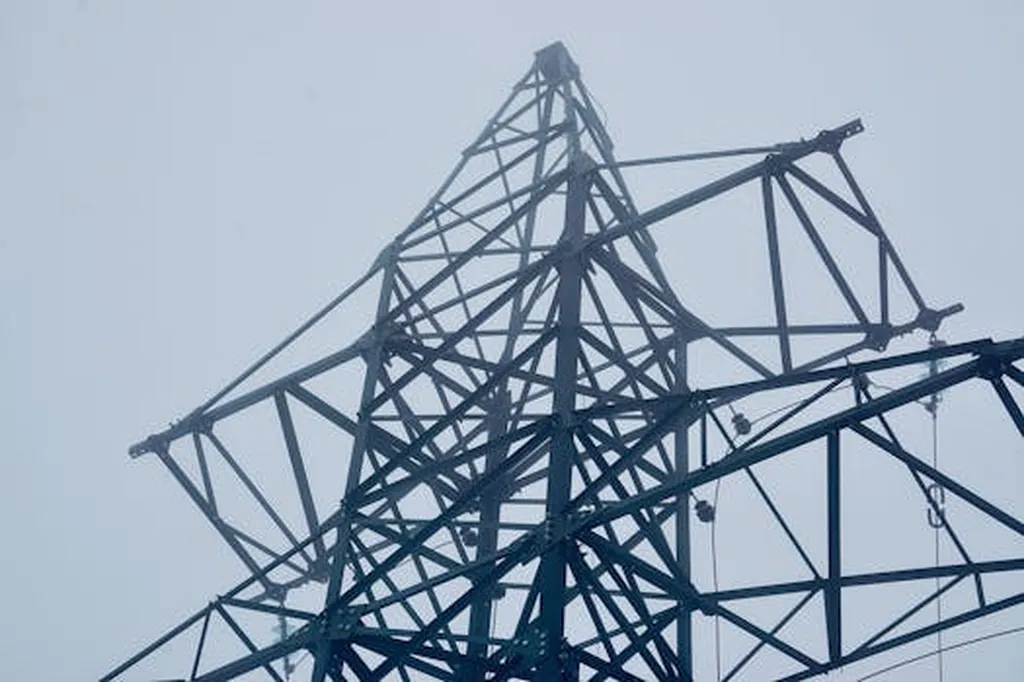In an era where extreme weather events are becoming increasingly frequent and renewable energy adoption is on the rise, the vulnerabilities of modern power systems have been laid bare. Enter Shimeng Dong from The State Grid Electric Power Dispatching Control Center, who, along with his team, has developed a groundbreaking optimization framework that could redefine the future of energy management. Their work, published in the journal *Nature Scientific Reports*, introduces a novel approach leveraging Deep Q-Networks (DQN) to enhance the resilience, operational flexibility, and cybersecurity of power grids.
The framework dynamically addresses uncertainties stemming from weather-induced disruptions and demand variability, integrating renewable energy sources and energy storage systems into a cohesive decision-making model. “Our goal was to create a system that not only improves economic efficiency but also ensures reliability and scalability across diverse operational scenarios,” Dong explained. This holistic approach is a significant leap forward in the quest for sustainable and resilient energy management.
Through extensive case studies based on a realistic 118-node distribution network, the proposed model demonstrated remarkable performance improvements. It achieved up to a 35% reduction in load shedding, a 30% enhancement in resilience scores, and an impressive €15 million in additional cost savings compared to conventional methods. These results underscore the framework’s ability to balance economic efficiency and system reliability, setting a new benchmark for the energy sector.
The commercial implications of this research are substantial. As power systems worldwide grapple with the challenges posed by extreme weather and the integration of renewable energy, Dong’s framework offers a robust solution for real-time system adaptation. “This research paves the way for next-generation power systems capable of withstanding disruptions,” Dong noted, highlighting the potential for widespread adoption and impact.
The study’s findings not only provide a blueprint for enhancing the resilience of power grids but also offer a glimpse into the future of energy management. By leveraging advanced technologies like DQN, the energy sector can look forward to more efficient, reliable, and sustainable systems. As the world continues to navigate the complexities of climate change and energy transition, innovations like Dong’s framework will be crucial in shaping a resilient and sustainable energy future.
In the rapidly evolving landscape of energy management, this research stands as a testament to the power of innovation and the potential for technology to drive meaningful change. As the energy sector continues to evolve, the insights gained from this study will undoubtedly play a pivotal role in shaping the future of power systems worldwide.

